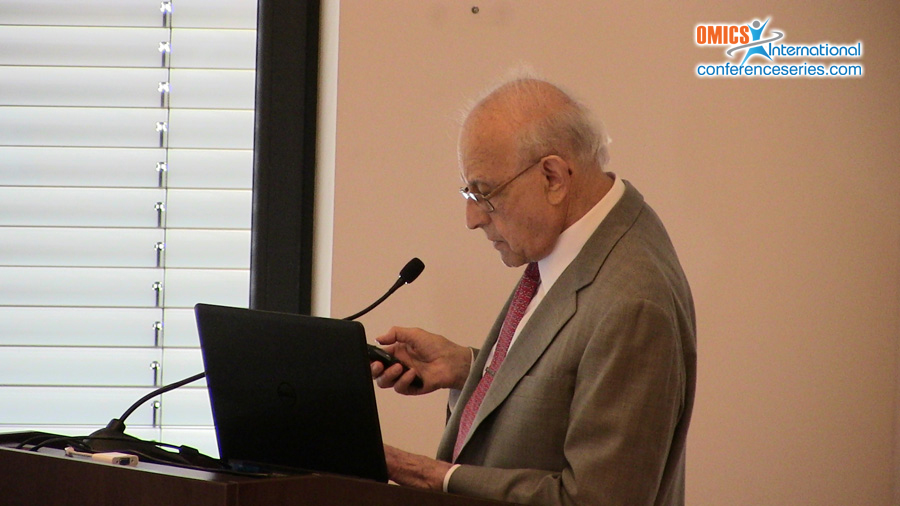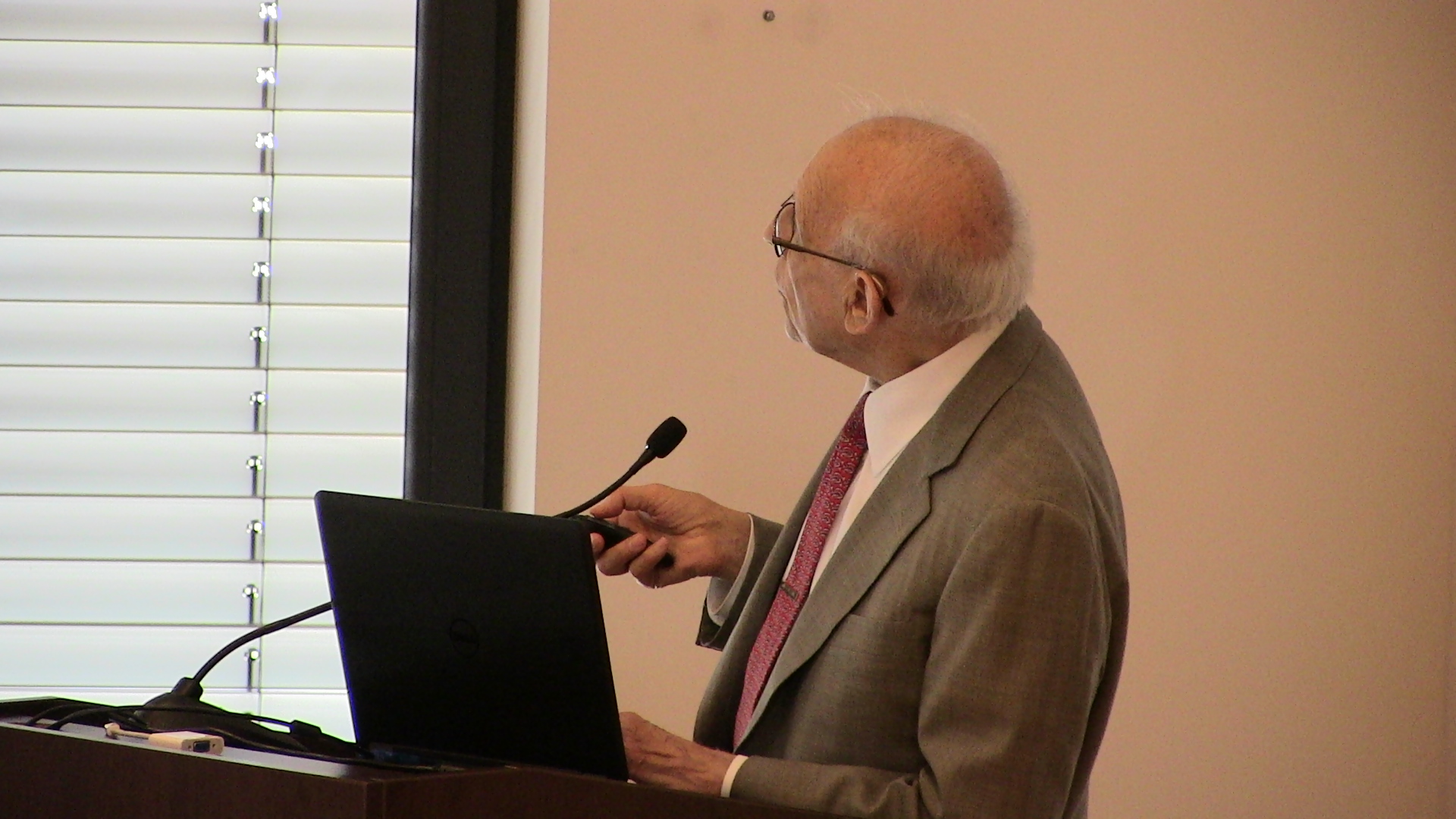
Robert W Ledeen
New Jersey Medical School, USA
Title: Deficiency of GM1 ganglioside as major risk factor for idiopathic Parkinson’s disease: Restoration of GM1-GDNF interaction in GM1 replacement therapy for PD mouse
Biography
Biography: Robert W Ledeen
Abstract
Several investigators have employed GM1 ganglioside to treat animal models of Parkinson’s disease (PD), and a recent clinical trial showed PD patients treated with GM1 had lower UPDRS motor scores than at baseline after 120 weeks. Our studies of mice with disrupted B4galnt1 gene demonstrated PD symptoms due to deficiency of ganglio-series gangliosides. Both knockout and heterozygous (HT) mice showed depletion of striatal dopamine (DA), loss of TH+ nigral neurons, and aggregation of alpha-synuclein. These manifestations of parkinsonism were largely alleviated by LIGA20, a membrane permeable analog of GM1, and also by GDNF (via AAV2), essential for survival of catecholaminergic neurons. Immunohistochemical analysis of substantia nigra sections revealed significant GM1 deficiency in TH+ nigral neurons of PD patients. Study of the occipital cortex and colon tissue also revealed significantly lower GM1 in PD, suggesting systemic GM1 deficiency as risk factor in idiopathic PD (Hadaczek et al. 2014). That study demonstrated GM1 association with GFRα1 and Ret, components of the GDNF receptor, and GM1 essentiality for cohesion of those receptor proteins. Nigral neurons of PD brain showed deficient GDNF signaling. We propose the above HT mouse with partial GM1 deficiency (similar to PD) as an especially useful PD model in reflecting its actual pathophysiology. This is supported by detection of 3 non-movement disorders in HT mice characteristic of PD: (a) gastrointestinal pathology (constipation), (b) cardiac sympathetic denervation, and (c) cognitive impairment. These too were alleviated by LIGA20, further suggesting the utility of GM1 and especially its membrane permeable analogs for GM1 replacement therapy.


